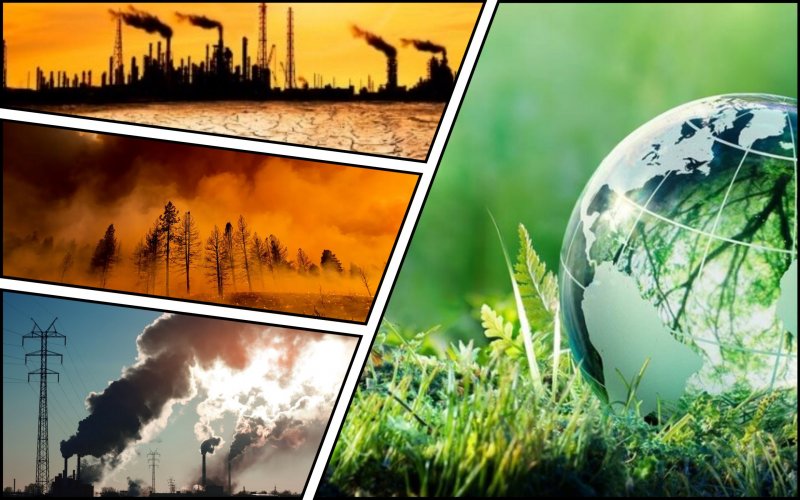The International Energy Agency has called on rich and developing countries to dramatically increase emissions reduction targets to limit global warming to 1.5°C.
The dramatic increase in renewable energy capacity is the main reason that limiting climate change is still possible, but to do so rich countries need to achieve climate neutrality by 2045 and China by 2050, reports RTÉ.
It is noted that developed countries should achieve carbon neutrality five years earlier, and China – 10.
"The world has delayed too long to avoid a difficult choice," the IEA said.
According to IEA forecasts, the growth of solar energy capacity, sales of electric cars, industrial decarbonization and transformation of the energy sector will provide a third of the necessary reduction in emissions by 2030.
The department warned about the negative impact of increased investments in fossil fuels and high carbon emissions against the background of economic recovery after the pandemic and the energy crisis due to the full-scale Russian invasion of Ukraine.
"The path to 1.5°C has narrowed over the past two years, but clean energy technologies keep it open," said IEA chief Fatih Birol.
Birol emphasized that countries should join forces for the climate goal. Even a small delay in reducing emissions beyond current pledges would result in global temperatures exceeding 1.5°C within 50 years.
The IEA has warned that if the world's current oil and gas fields and coal-fired power plants continue to operate to the end of their useful lives, the world will significantly exceed the carbon budget to stay within 1.5°C.
"With warming of just under 1.2°C, the world has already experienced an increase in deadly and destructive extreme weather events, and the most vulnerable populations have been hit the hardest," the article says.
A phase-out of fossil fuels whose emissions cannot be captured or offset is likely to be at the center of debate at the UN's COP28 climate summit in Dubai, it said.
The IEA also criticized carbon removal technologies that have gained wide popularity. After all, the scenario of delayed climate action will force the world to rely on these expensive and untested technologies at scale. Unless they can achieve the necessary scale, including effectively filtering 0.1% of the Earth's atmosphere each year by 2100, returning temperatures to 1.5°C will be impossible.
Earlier, Ecopolitic wrote, that the head of the International Energy Agency, Fatih Birol, said that the world is at the beginning of the end of the fossil fuel era.
As EcoPolitic previously reported, the president of the upcoming COP28 climate summit, Sultan Al Jaber, said that the world is losing the race to meet its climate change goals.





